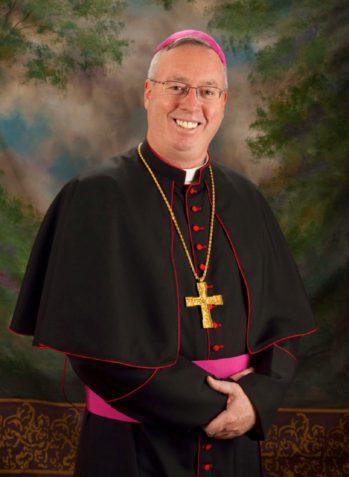|
Some thoughts on this week’s Baltimore Bishops’ Meeting
By Joelle Casteix
Spoiler warning: The US Conference of Catholic Bishops is taking us for a bunch of rubes. The bishops are relying upon two things: 1) the public’s lack of institutional memory; and 2) Catholics’ reliance upon the bishop’s artificial moral authority. #1 Lack of Institutional MemoryLet’s start with #1. The best way to do this is to compare compare scandals: 2002 and 2018. The 2002 Catholic clergy sex abuse and cover-up scandal was prompted by the Boston Globe Spotlight exposé and subsequent cover-up scandals nationwide. The 2018 meeting is prompted by the Pennsylvania AG report and subsequent AG investigation announcements across the country. The bishops are in crisis, pure and simple. Your average 30-year-old reporter was fourteen in 2002. And unless they had a family member who was abused, chances are that the story was nowhere near their radar screen. This is all new to them. So let’s compare stories. From Laurie Goodstein’s (who is still on the beat, BTW) June 2002 story on the Dallas meeting in the New York Times:
Sound familiar? It gets better. Later in the article:
Now, from the November 9, 2018, Washington Post:
Or in this case, not so unusual. It’s what they do when they are in freefall. Now, let’s look at who complained about the policies. From the 2002 New York Times article:
And now we know why McCarrick wasn’t “there yet.” From the 2018 Washington Post Article:
Really? No code of conduct for the bishops who have covered up child sexual abuse for decades? It’s not like codes of conduct are foreign to them. Let’s take a look … Code of Conduct, Diocese of Harrisburg Code of Conduct, Diocese of Charleston Code of Conduct, Diocese of Buffalo (ugh) Code of Conduct, Diocese of Allentown I could go on, but it would get boring. So I will leave you with the CODES (plural, mind you) for the Diocese of Burlington. Coyne considers codes of conduct “good for thee, but not for me.” If I were him, I would say, “Lay those rules on me. My burden should be the greatest of all.” His reticence – that “moment of reflection” – is telling. #2 Artificial Moral AuthorityThe bishops will be devoting a full day of the three-day meeting to prayer.
They have had plenty of time to pray (sixteen years, in fact, since the 2002 scandal). The bishops have millions of Catholics praying for them. I don’t recall a single lesson in the New Testament where a wrongdoer, when given a choice between making amends and praying, was told by God, “Hey, I have a great idea. Instead of doing good works for those you have so terribly wronged, why don’t you waste a day and celebrate rituals in secret with your buddies in crime. It’ll be fun.” What can you do?Show the bishops you’re not a bunch of rubes. Stop giving. Push back. Join an advocacy group like STOP to change laws and demand accountability. Stand up for those who speak out. I’ll discuss the bishops’ proposed “schedule” in a later post.
|
.
Any original material on these pages is copyright © BishopAccountability.org 2004. Reproduce freely with attribution.
